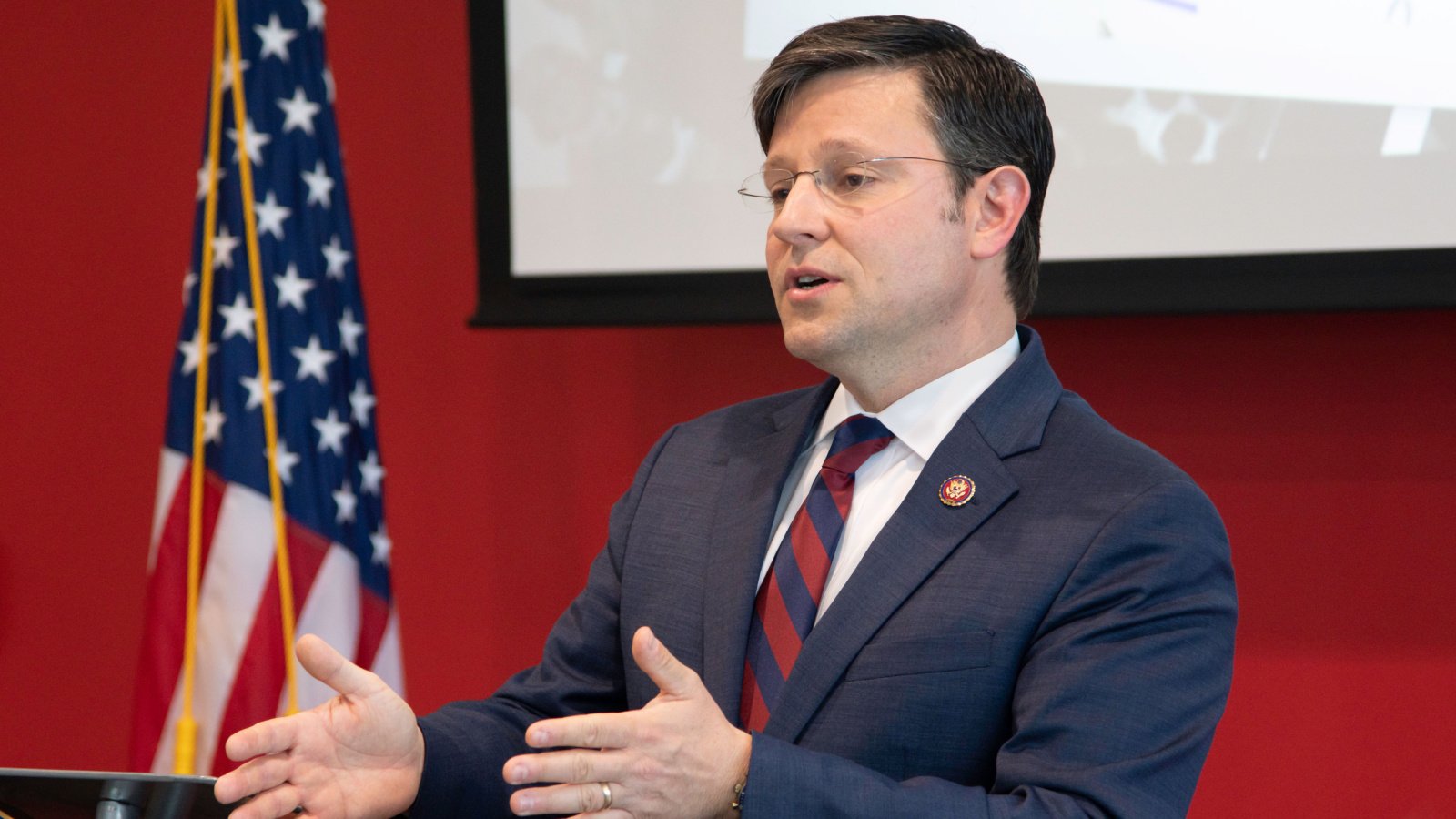California Attorney John Eastman, known for crafting a legal strategy to extend Donald Trump’s presidency, faced a judge’s recommendation for disbarment in California. This follows his attempts to disrupt the 2020 election outcome favoring Joe Biden.
Disciplinary Charges

Eastman, who also served as a law school dean, was hit with 11 disciplinary charges by the California State Bar Court. These charges were related to his proposal for then-Vice President Mike Pence to block the certification of Biden’s victory.
Judicial Process and Appeal
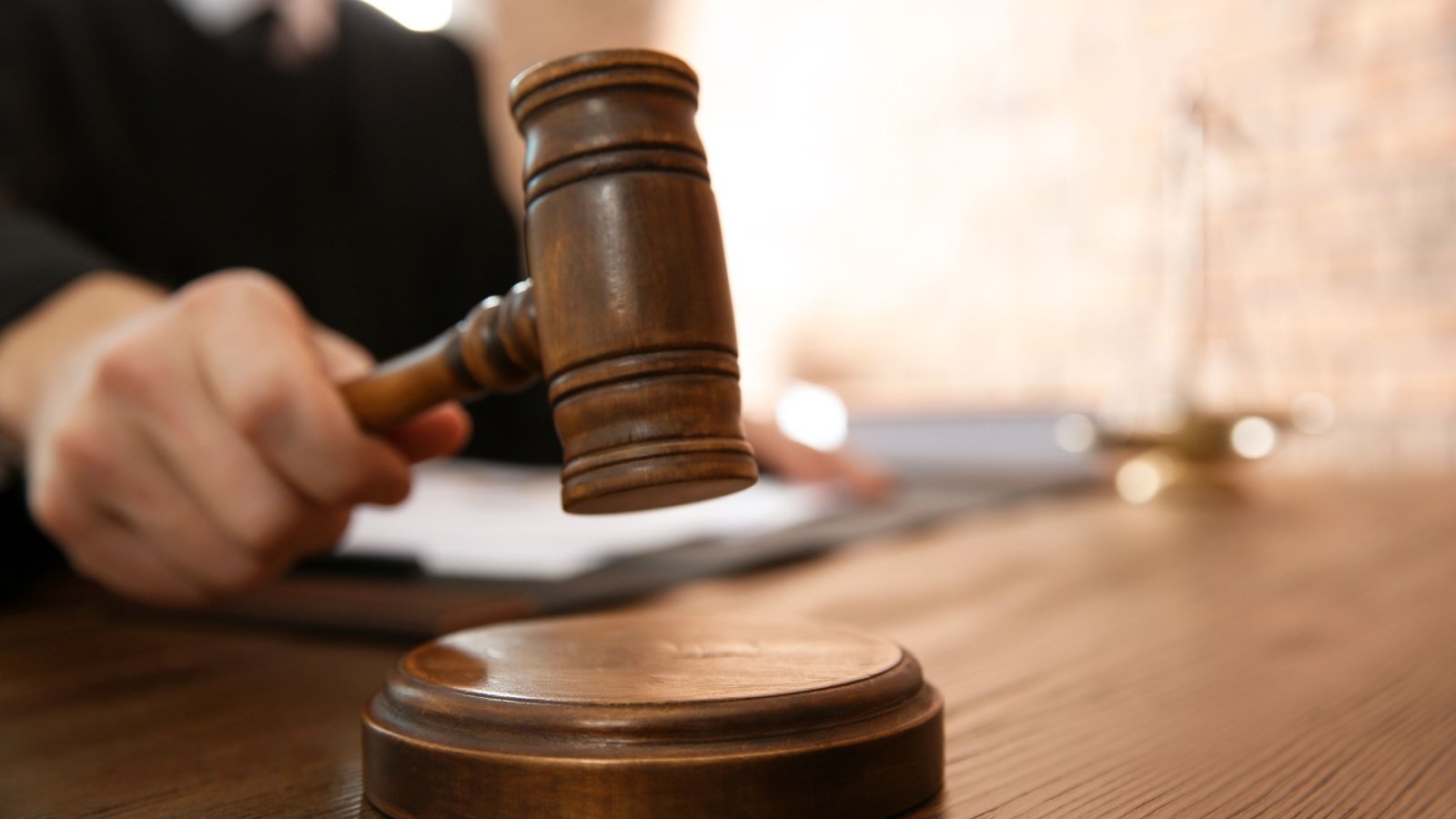
The recommendation for Eastman’s disbarment was made by Judge Yvette Roland of the State Bar Court of California and is now awaiting the California Supreme Court’s final verdict. Eastman holds the right to contest the Supreme Court’s decision.
Eastman’s Defense
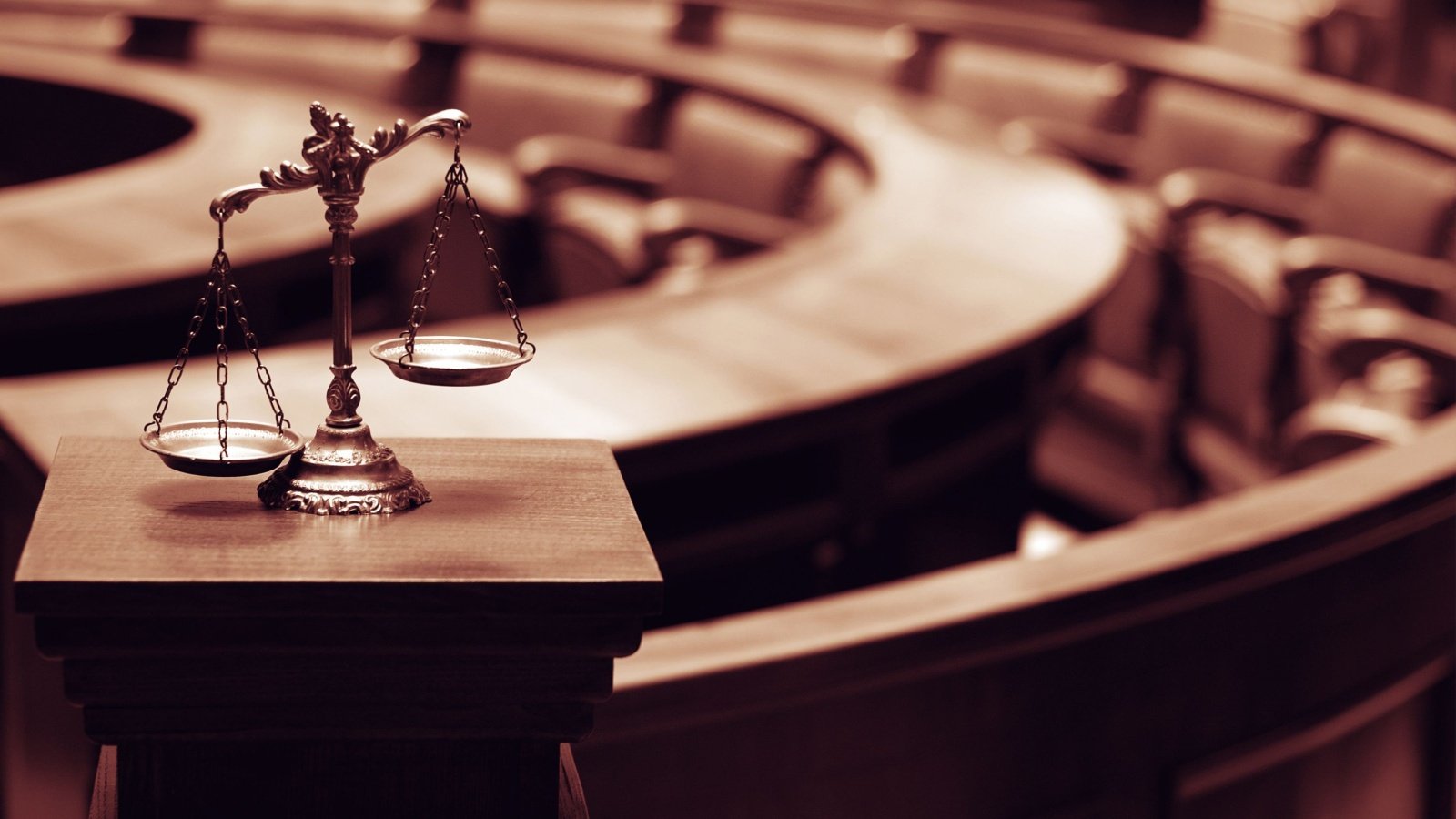
Eastman’s lawyer, Randall Miller, argued that Eastman’s legal advice post-November 2020 was grounded in established legal precedents and thorough constitutional research, asserting that his client’s approach was standard legal practice.
Judge’s Findings
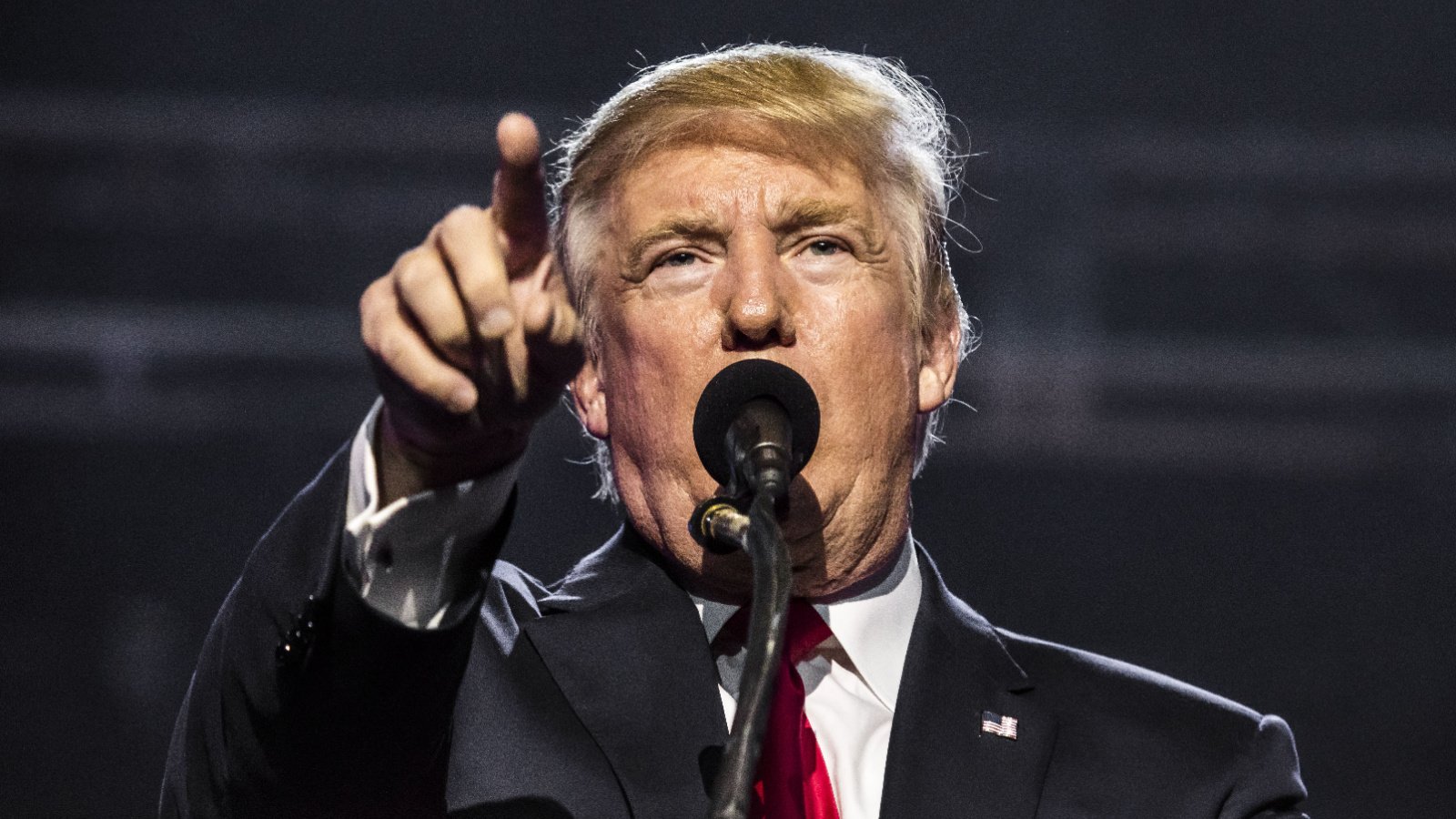
Judge Roland found Eastman guilty on 10 out of the 11 charges, citing misconduct including deceiving courts, moral turpitude, and collaboration with Trump to impede the presidential power transfer.
The Verdict’s Basis
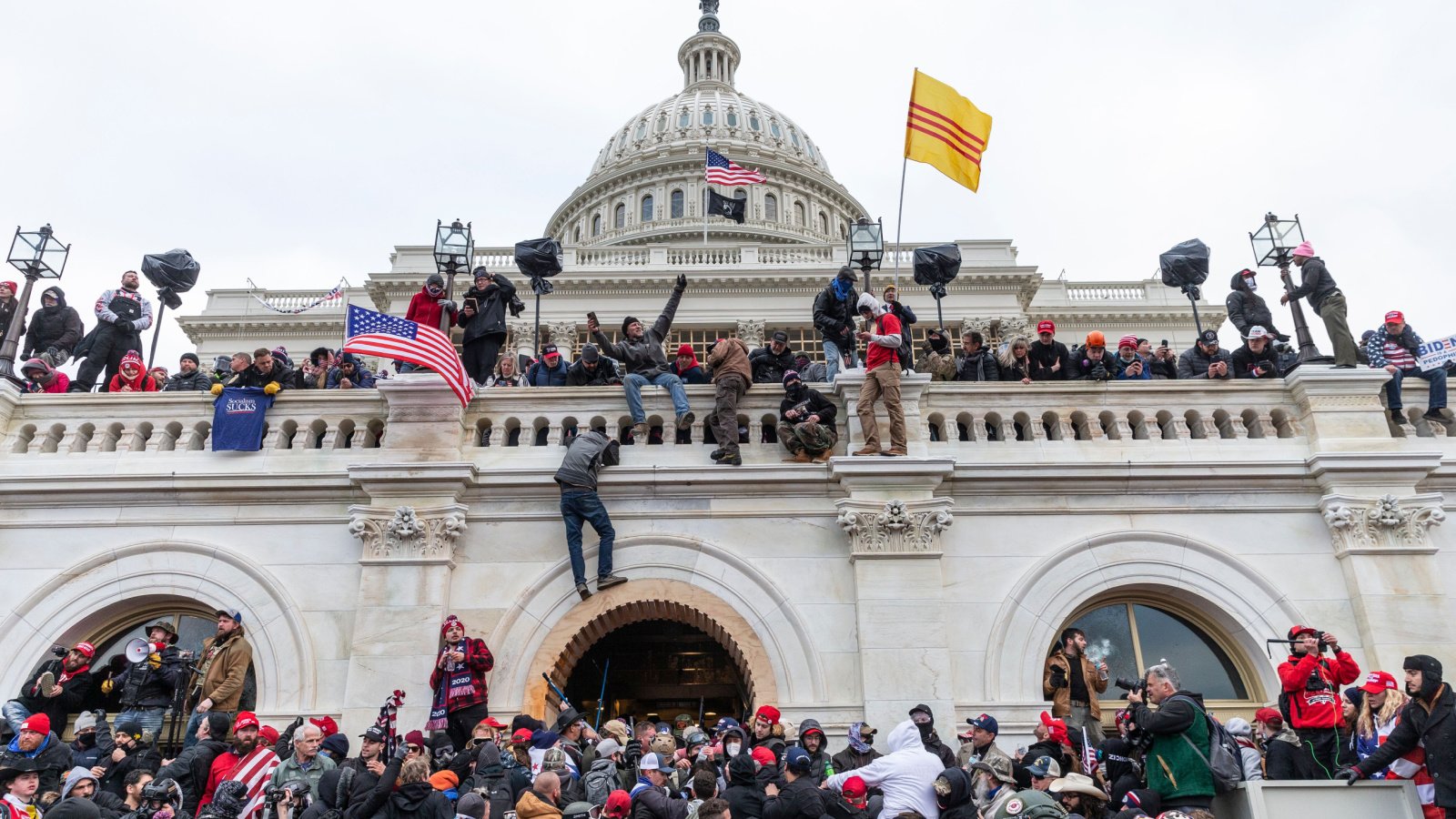
Roland emphasized that Eastman, in conjunction with Trump, aimed to obstruct a legitimate governmental function by disrupting the electoral count on January 6, 2021.
Regulatory Body’s Role

The California State Bar, a unique U.S. attorney disciplinary system, accused Eastman of breaching the state’s professional codes by spreading false and misleading statements, attempting an unprecedented assault on democracy.
Eastman’s Misconduct and Consequences

In her ruling, Judge Roland called for Eastman’s disbarment, highlighting the severity of his actions against the fabric of American democracy and the legal profession’s integrity.
January 6 Involvement
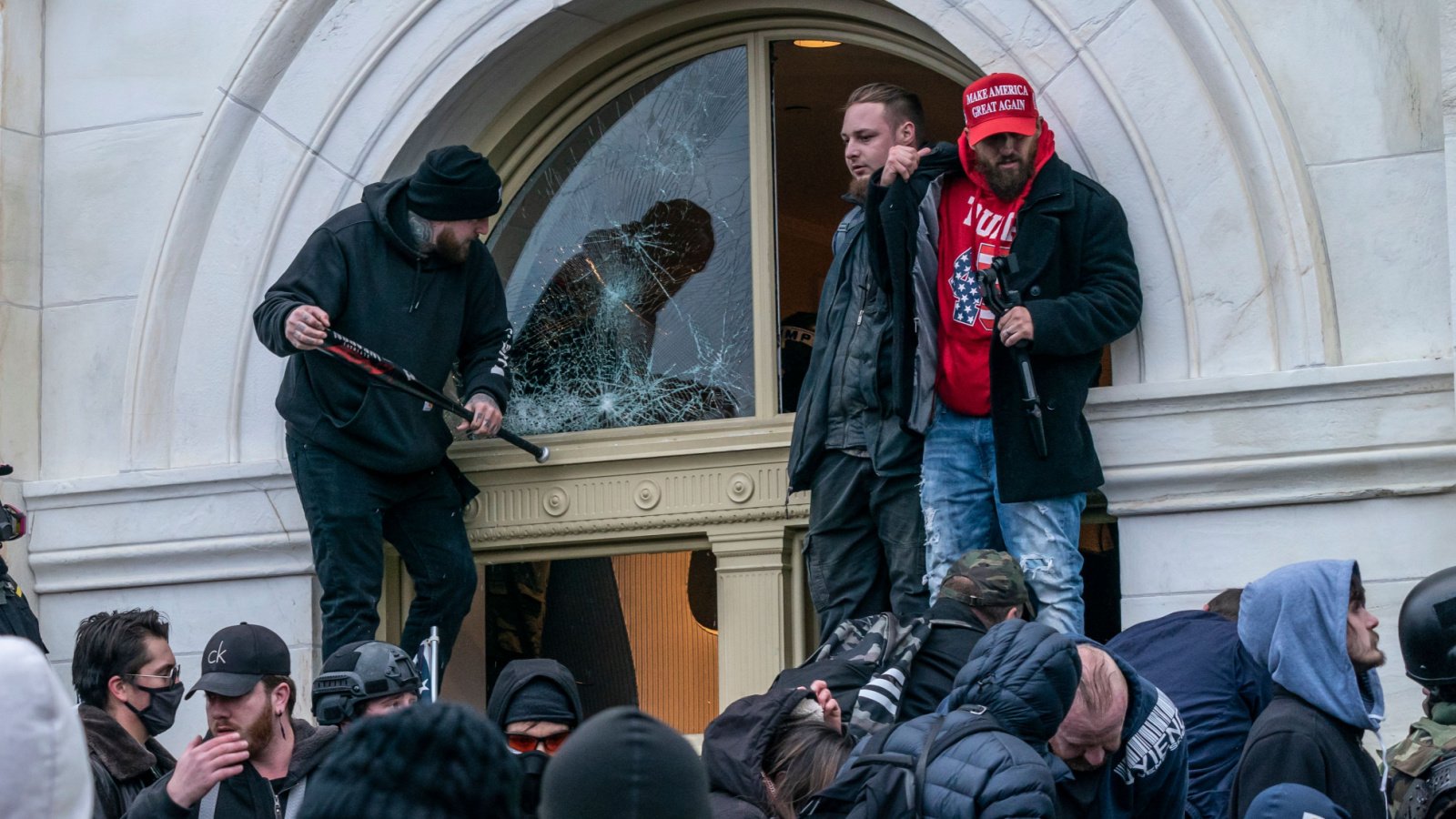
Eastman was a key advisor to Trump leading to the January 6 Capitol attack, proposing a method for Pence to reject legitimate electoral votes, a move aimed at overturning the election results.
Defense and Prosecution Arguments

While Eastman’s defense claimed he sought only to delay the electoral count for fraud investigation, prosecutors painted him as a facilitator of Trump’s baseless theories, aiming to subvert the election outcome.
Judge’s Stance on Zealous Advocacy

Judge Roland refuted Eastman’s defense of zealous advocacy, condemning his propagation of falsehoods under the guise of legal argumentation and stressing the unethical nature of his conduct.
Exoneration on One Charge

The judge did, however, exonerate Eastman on one of the charges, ruling that his January 6 rally speech did not directly incite the Capitol breach.
Immediate Implications for Eastman

Following the judge’s decision, Eastman was placed on involuntary inactive status, barring him from practicing law in California pending the Supreme Court’s review.
Broader Impact and Responses

The ruling was hailed by the States United Democracy Center and others as a significant step in holding accountable those who sought to undermine the 2020 election, underscoring the principle that no individual is beyond the law’s reach.
Eastman’s Professional Background

A member of the California Bar since 1997, Eastman’s distinguished career included clerking for Supreme Court Justice Clarence Thomas and leadership roles in legal education and constitutional advocacy, culminating in a controversial end amid calls for his accountability.







